



 Tech & IT
Tech & IT
 Business
Business
 Coding & Developer
Coding & Developer
 Finance & Accounting
Finance & Accounting
 Academics
Academics
 Office Applications
Office Applications
 Art & Design
Art & Design
 Marketing
Marketing
 Health & Wellness
Health & Wellness
 Sounds & Music
Sounds & Music
 Lifestyle
Lifestyle
 Photography
Photography
More Learnfly
Business Solution Become an InstructorIonic is an open-source framework for building cross-platform mobile applications using web technologies such as HTML, CSS, and JavaScript. It facilitates the development of native-like mobile apps for iOS, Android, and the web, offering a single codebase for multiple platforms.












Learn more topics in various categories at one place. Explore unlimited courses in other categories and up-skill yourself today.

 Jazeb Akram
Jazeb Akram 4.2 771153 Beginner Level

 John Hedengren
John Hedengren 4.1 569057 All Level

 Ranjan Pandey
Ranjan Pandey 4.1 346721 All Level

 Muhammad Ahsan Pervaiz
Muhammad Ahsan Pervaiz 4.2 101330 All Level

 Pieter Vliegenthart
Pieter Vliegenthart 4.6 100910 All Level

 Jerome P.
Jerome P. 4.8 100873 All Level

 Senol Atac
Senol Atac 4.9 100086 All Level

 Vikas Munjal
Vikas Munjal 4.8 100061 Beginner Level

 Avinash A
Avinash A 4.8 100007 All Level
.jpg)
 Arunnachalam RS
Arunnachalam RS15 Lectures

 Rahul Agarwal
Rahul Agarwal21 Lectures

 Rahul Agarwal
Rahul Agarwal12 Lectures

 Andrii Kuchyrenko
Andrii Kuchyrenko11 Lectures
.jpg)
 Rahul Agarwal
Rahul Agarwal23 Lectures

 Vijay Kumar
Vijay Kumar42 Lectures
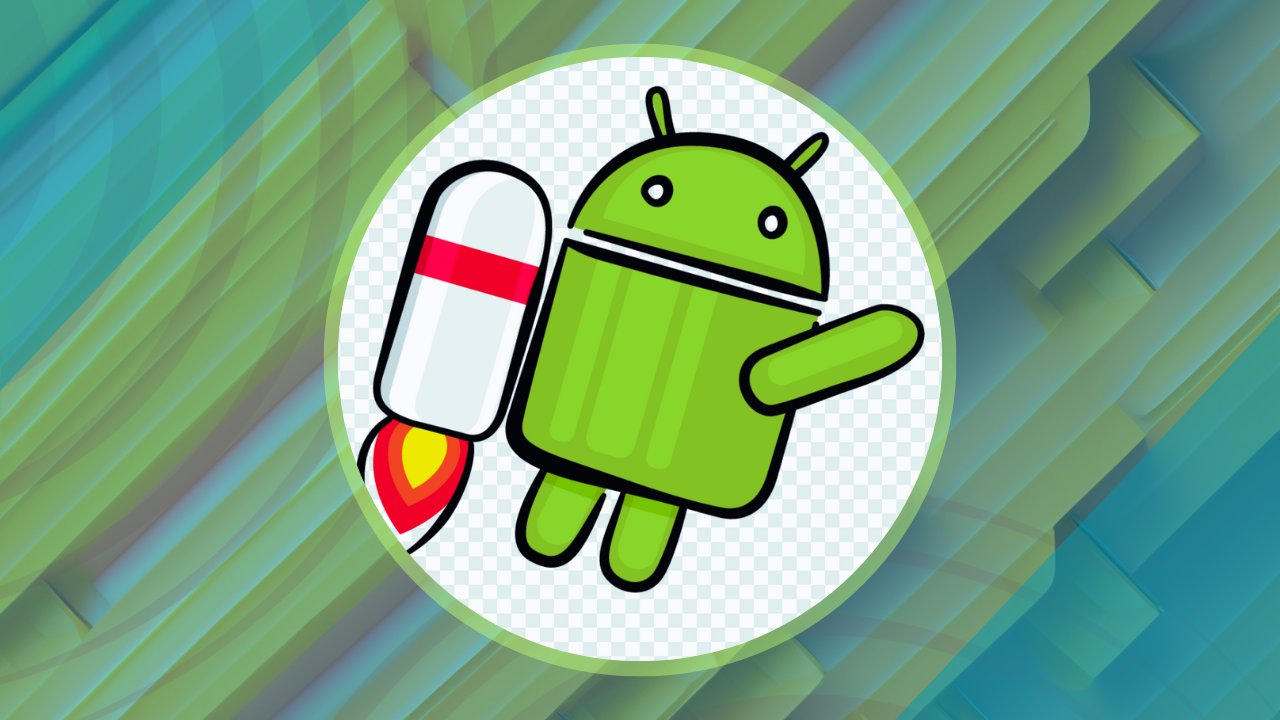
 Vijay Kumar
Vijay Kumar24 Lectures

 Vijay Kumar
Vijay Kumar17 Lectures

 Ashraf Al Madhoun
Ashraf Al Madhoun14 Lectures

 Vijay Kumar
Vijay Kumar60 Lectures

 Hamza Asif
Hamza Asif23 Lectures

 Hamza Asif
Hamza Asif26 Lectures
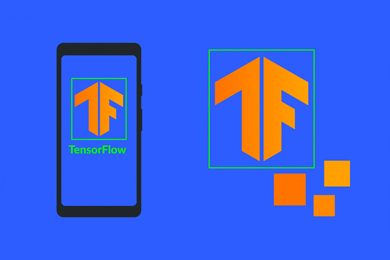
 Hamza Asif
Hamza Asif107 Lectures
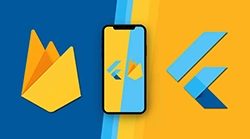
 Hadi Kachmar
Hadi Kachmar65 Lectures

 Huzaifa Shakeel
Huzaifa Shakeel21 Lectures

 Hadi Kachmar
Hadi Kachmar123 Lectures
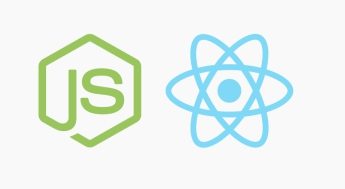
 Kingsley Obot
Kingsley Obot113 Lectures
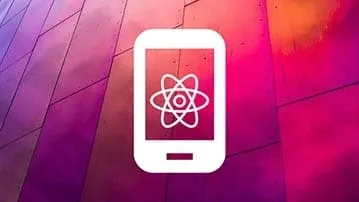
 Gautham Vijayan
Gautham Vijayan36 Lectures

 Senol Atac
Senol Atac65 Lectures

 Gautham Vijayan
Gautham Vijayan35 Lectures

 Gerard Grundy
Gerard Grundy40 Lectures
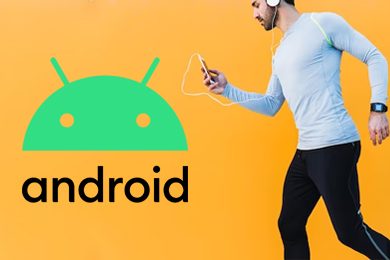
 THE MMZ
THE MMZ15 Lectures

 Yazdani Chowdhury
Yazdani Chowdhury13 Lectures

 Yazdani Chowdhury
Yazdani Chowdhury9 Lectures
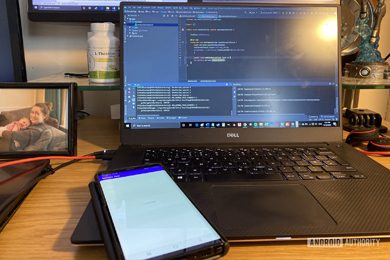
 Mubarak Awal
Mubarak Awal23 Lectures

 Sandip Bhattacharya
Sandip Bhattacharya7 Lectures

 Abhilash Nelson
Abhilash Nelson9 Lectures

 Abhilash Nelson
Abhilash Nelson12 Lectures
Ionic is an open-source framework for building cross-platform mobile applications using web technologies such as HTML, CSS, and JavaScript/TypeScript. It allows developers to create native-like apps for iOS, Android, and the web from a single codebase.
Ionic leverages web technologies for development, offering a single codebase for multiple platforms. Native app development, in contrast, involves platform-specific languages (Swift for iOS, Kotlin/Java for Android). Ionic uses a web view to render the UI, providing a consistent experience.
Key components include Ionic Framework for UI components and app structure, Angular or React for building the app's logic, and Cordova or Capacitor for accessing native device functionalities. Ionic uses a component-based architecture for building mobile interfaces.
Ionic uses a single codebase for building apps that can run on iOS, Android, and the web. It achieves this by wrapping the web app in a native container using tools like Cordova or Capacitor, providing access to native device features.
Advantages include a single codebase for multiple platforms, a rich set of UI components, and a strong focus on developer productivity. Ionic supports rapid development through its component library and enables easy deployment to various platforms.






